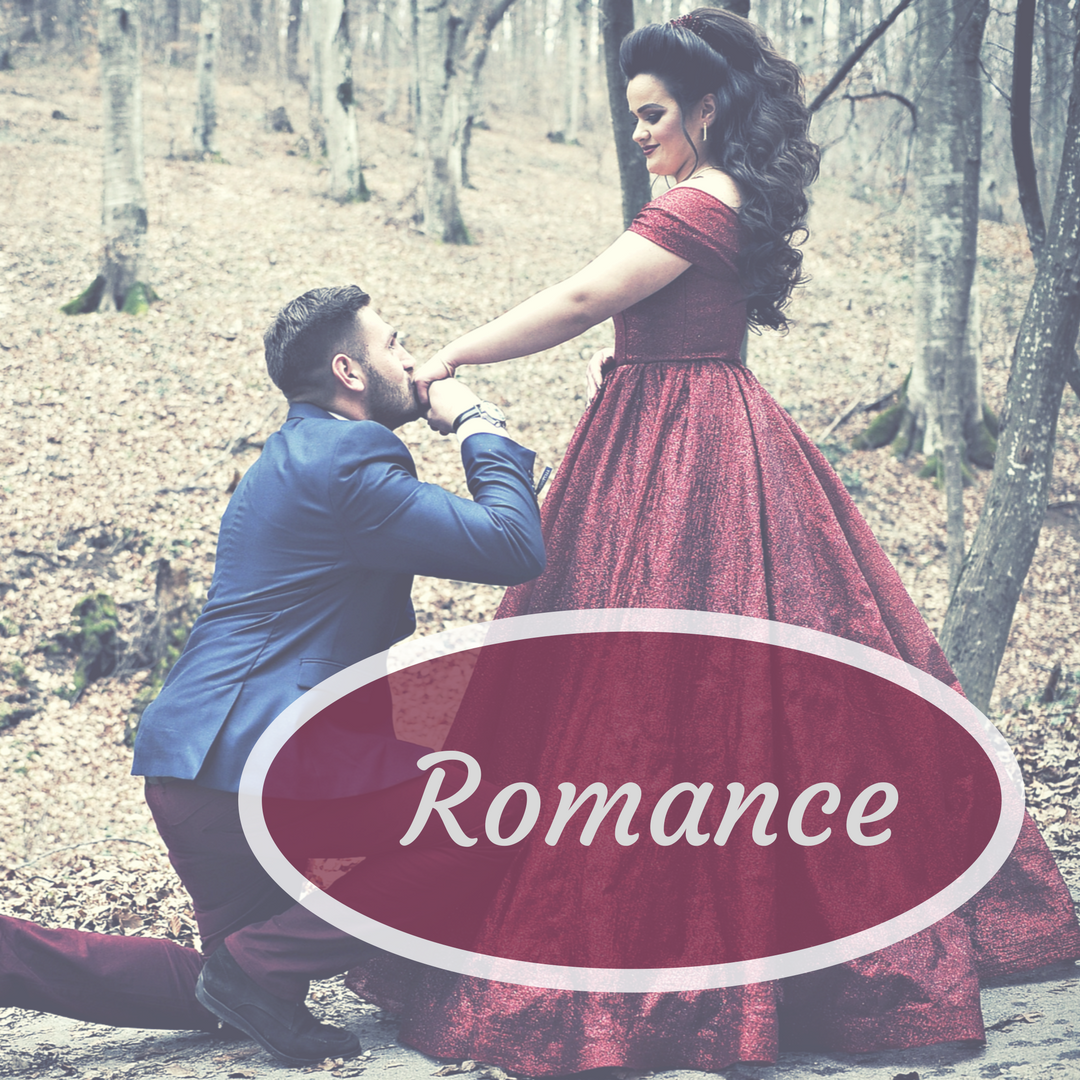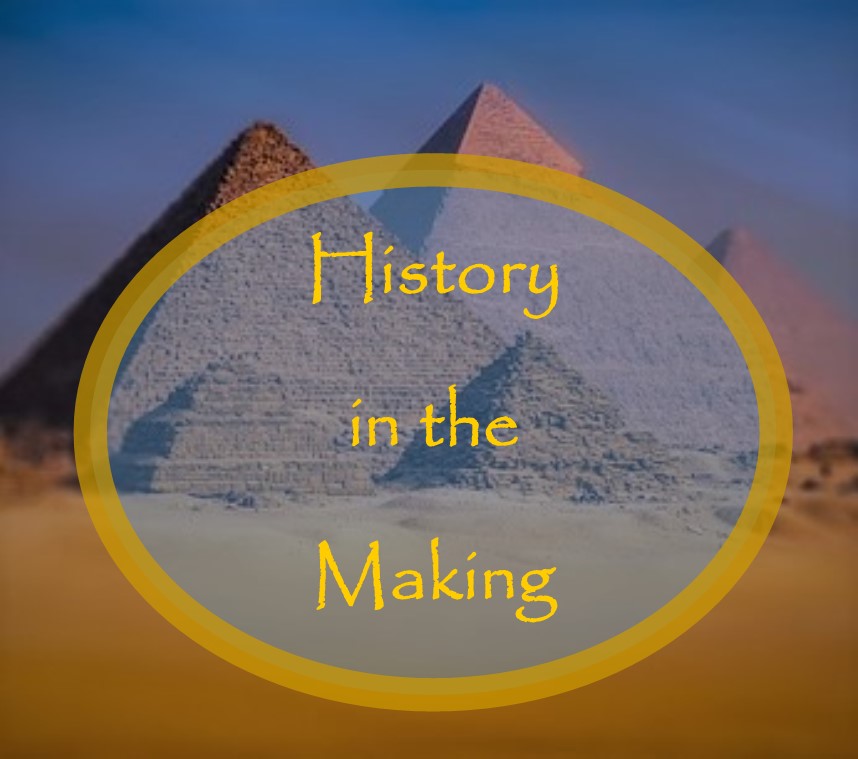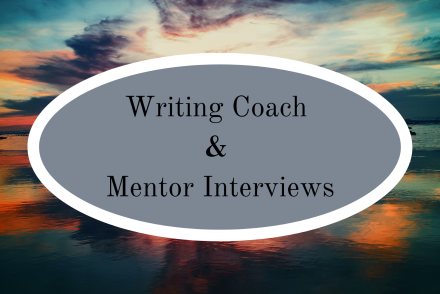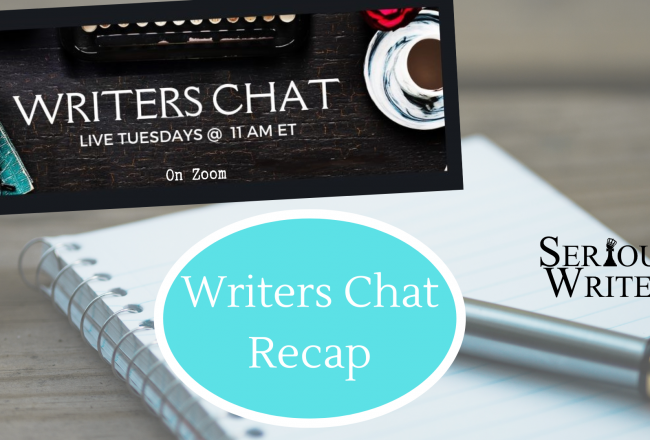
Slow Your Roll
Labor Day weekend, I finally decided to go see the action movie Top Gun: Maverick. It seemed like a…
October 4, 2022
Labor Day weekend, I finally decided to go see the action movie Top Gun: Maverick. It seemed like a…
October 4, 2022
“Gra’ma, can I have some candy?” “Not yet,” I said. “We’re getting ready to eat supper.” Eyes focused on…
October 3, 2022
Can you share a little about your recent book? My newest award-winning mystery is Fountains and Secrets. Here’s the…
October 1, 2022Writers Chat, hosted by Jean Wise, Johnnie Alexander, Brandy Brow, and Melissa Stroh, is the show where we talk…
September 30, 2022
For almost half a year, I have gone through another rough season in my life. I have left a…
September 29, 2022
How do you know if you’ve written a young adult novel or an adult coming of age? What about…
September 27, 2022
Within the publishing community, who you know is almost as important as what you know. Yes, it is important…
September 26, 2022
We want to be responsible, professional writers, but there are so many little details to remember. Here are some…
September 24, 2022
The current writing trend is to have strong, independent female characters. These female characters can run a business and…
September 23, 2022
The About Us page of your blog provides the possibility to compile and express all words of gratitude and…
September 21, 2022
Did you know Charles Dickens’ full name was Charles John Huffam Dickens? I didn’t, and Dickens is one of…
September 20, 2022
Why do you write? Do you have a theme, message, or goal for your books? While I never set…
September 19, 2022
Writers Chat, hosted by Jean Wise, Johnnie Alexander, and Brandy Brow, is the show where we talk about all…
September 18, 2022
Last month, I detailed the first half of my journey to publication for my MG/YA sports novel Inside the…
September 16, 2022Being a freelance writer today often means seeking a range of creative opportunities. There are certainly few writers today…
September 14, 2022
Living in the high-tech age means storing all your best moments on devices. Although technological progress promotes photos to…
September 13, 2022
We’ve almost finished preparations for our online workshop! If you’re just joining us, you may wonder… “Why bother with…
September 12, 2022We’ve almost finished preparations for our online workshop! If you’re just joining us, you may wonder, “Why bother with…
September 12, 2022
From her earliest days, my mom’s life lacked value in the sight of others. Born female and Korean in…
September 10, 2022
First lines make a promise. From “Call me Ishmael” (Moby Dick, Herman Melville, 1851) to “Happy families are all alike; every…
September 8, 2022
I hope you, loyal readers of Almost An Author, will bear with me as I get serious this month.…
September 6, 2022
Last month, I decided to go back and work on an updated version of my original award-winning inspirational screenplay…
September 4, 2022
Swoosh. Flip. Swoosh. Flip. The oars alternately dipped into the cool waters of Lake Erie. Irelaxed into the seat…
September 3, 2022
These days, there are numerous opportunities to get a decent project for freelance writers. Such platforms like Upwork, Fiverr,…
August 31, 2022
Writers Chat, hosted by Jean Wise, Johnnie Alexander, and Brandy Brow, is the show where we talk about all…
August 30, 2022



